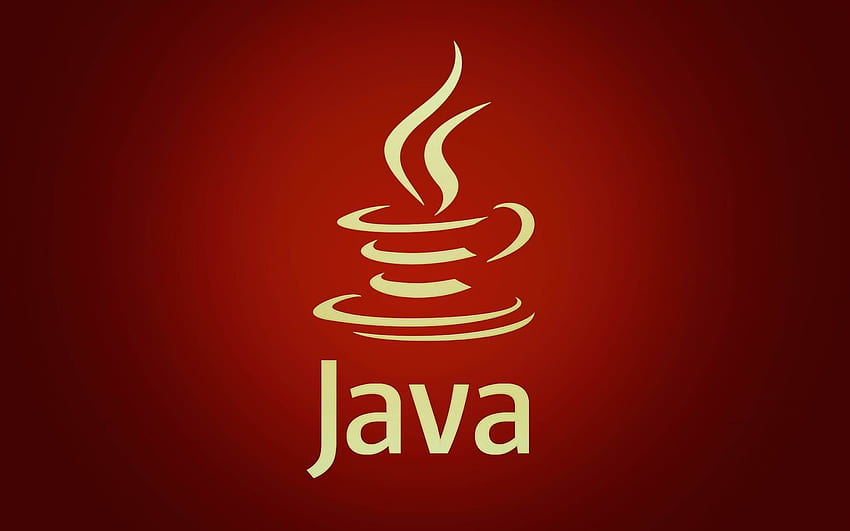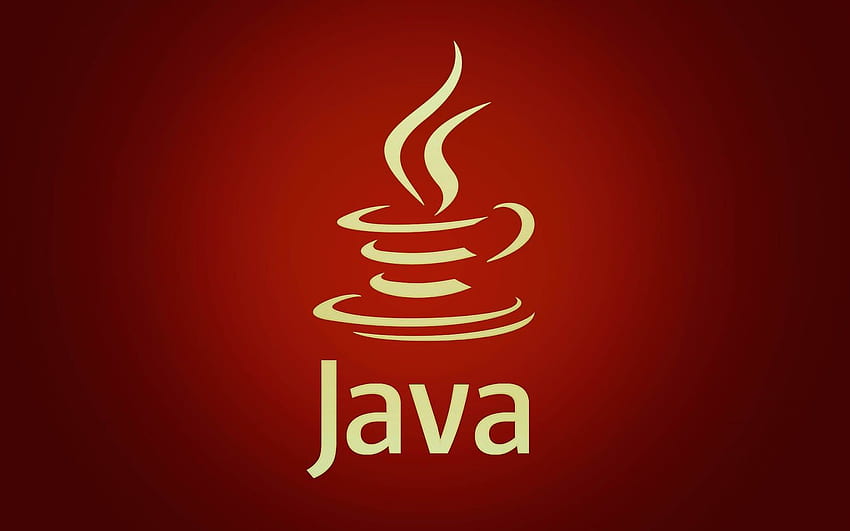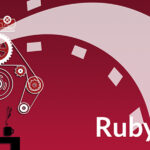Choosing Java for API Development: An Expert’s Guide

As an expert in PHP, .NET, Go, Ruby on Rails, and Java, I’ve explored various technologies to suit different needs. In this article, I’ll explain why Java stands out as a premier choice for API development and illustrate the scenarios in which it excels.
Advantages of Java for API Development
1. Platform Independence:
Java’s mantra, “Write Once, Run Anywhere,” holds true. Compiled Java code runs on any system with a JVM, offering significant flexibility and portability.
2. Robustness and Security:
Java’s strong typing, exception handling, and garbage collection features contribute to robust applications. Additionally, Java’s security model offers protection against various threats.
3. Scalability:
Java’s concurrency support and performance optimizations enable it to scale effectively for large applications, handling substantial user loads with ease.
4. Extensive Libraries:
Java boasts a rich ecosystem of libraries and frameworks (e.g., Spring) that speed up development and integrate smoothly with various services.
Disadvantages of Java for Backend API Development
While Java is a robust and widely used programming language, there are specific scenarios where other languages might be more suitable for backend API development. In this article, we’ll explore some of the disadvantages of Java compared to .NET, PHP, Ruby on Rails, and Golang.
Disadvantages of Java
1. Verbosity:
Java is often criticized for its verbosity. Writing simple functionalities might require more lines of code compared to languages like Ruby on Rails or Python. This can lead to longer development times.
2. Memory Consumption:
Java applications can be more memory-intensive compared to languages like Golang, which may impact the efficiency and scalability of the API.
3. Slower Startup Time:
Java’s slower startup time, especially in large applications, may not be as optimal as the quick startup time seen in languages like Golang.
4. Less Flexibility in Web Development:
Languages like PHP and Ruby on Rails may offer more built-in functionalities specifically tailored for web development, potentially reducing development time and complexity.
Comparison with Other Technologies
Compared to .NET:
.NET may offer better integration with other Microsoft products and may be a preferred choice for Windows-centric environments.
Compared to PHP:
PHP’s web-centric design and extensive hosting support might make it a more attractive choice for lightweight web applications.
Compared to Ruby on Rails:
Ruby on Rails’ convention over configuration approach can significantly speed up the development process compared to Java.
Compared to Golang:
Golang’s simplicity, efficiency in concurrency handling, and lower memory consumption may make it a more attractive option for performance-critical applications.
Scenarios Where Java is the Best Choice
1. Enterprise Applications:
Java’s reliability, security, and scalability make it the go-to choice for large-scale enterprise applications where performance and stability are paramount.
2. Cross-Platform Solutions:
If you require a solution that runs across various platforms without modification, Java’s platform independence is unmatched.
3. Integrations with Existing Systems:
Java’s mature ecosystem facilitates smooth integration with existing systems and third-party services, simplifying complex projects.
Conclusion
While PHP, .NET, Go, and Ruby on Rails each have their distinct benefits, Java shines in scenarios demanding robustness, security, scalability, and cross-platform capability. Its extensive libraries and frameworks simplify development, while platform independence ensures your API will function seamlessly across different environments.
Java’s longstanding reputation as a versatile and reliable programming language makes it an excellent choice for many API development projects, from small startups to large enterprises. Careful evaluation of your project’s specific needs will guide you in making the most informed technology decision, but in many cases, Java’s proven strengths make it an outstanding candidate.


